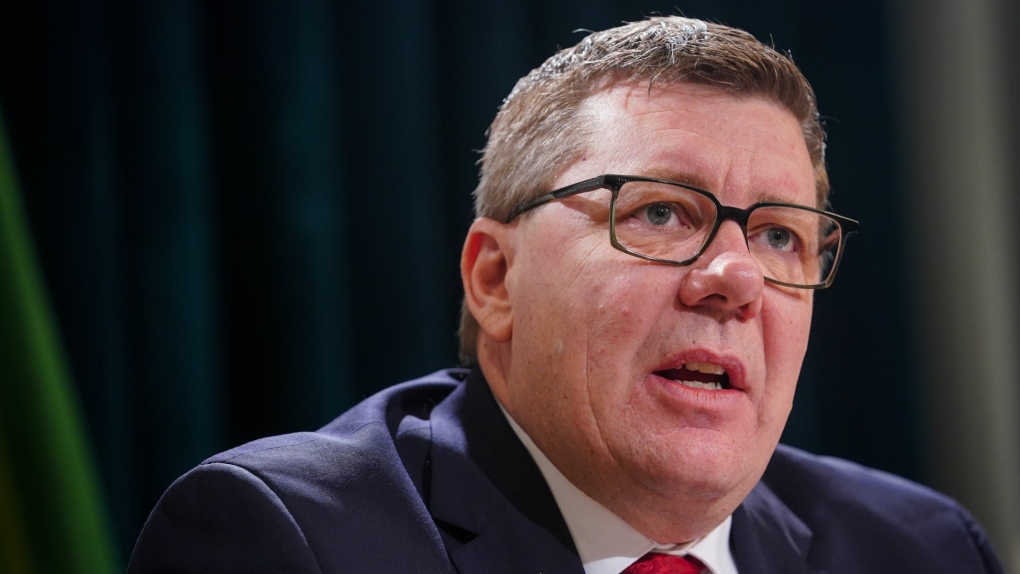
Here's why provinces aren't following Saskatchewan's lead on the carbon tax home heating fight
CTV
After Prime Minister Justin Trudeau said the federal government would still send Canada Carbon Rebate cheques to Saskatchewan residents, despite Saskatchewan Premier Scott Moe's decision to stop collecting the carbon tax on natural gas or home heating, questions were raised about whether other provinces would follow suit. CTV News reached out across the country and here's what we found out.
The war of words over the price on pollution reached a new level this week with Prime Minister Justin Trudeau warning Saskatchewan Premier Scott Moe that the Canada Revenue Agency will be knocking on his door, looking for the province's remittance from the federal backstop, after Moe stopped collecting the carbon tax on natural gas or home heating.
"Good luck Premier Moe, CRA is an independent organization that is very, very good at getting money it is owed from Canadians from businesses, and now from provinces, if it has to," Trudeau told reporters at a news conference Wednesday, after vowing that Saskatchewan residents would still receive the Canada Carbon Rebate.
In October 2023, Premier Moe announced his government would stop collecting and remitting the carbon levy on certain forms of energy, after the federal government instituted a three-year exemption on home heating oil. That fuel is primarily used in Atlantic Canada and was seen as a political carve-out for that region of the country.
In February, the Saskatchewan government confirmed it would be recognized as the individual supplier of natural gas by the Canada Revenue Agency. By not collecting and remitting the carbon tax, the province is violating the law and risking fines or legal repercussions.
In an email to CTV News responding to Trudeau's warning, Moe's office said the province has "remitted the appropriate amount of carbon tax to the federal government."
"We will dispute any action from the CRA to collect additional carbon tax and we will defend Saskatchewan's interests as required," the premier's spokesperson, Julie Leggott, added in an email.
The Canada Revenue Agency has not responded to CTV News' request for comment on how the organization intends to collect the money from the province, but there appears to be another way the federal government could call the province out.
